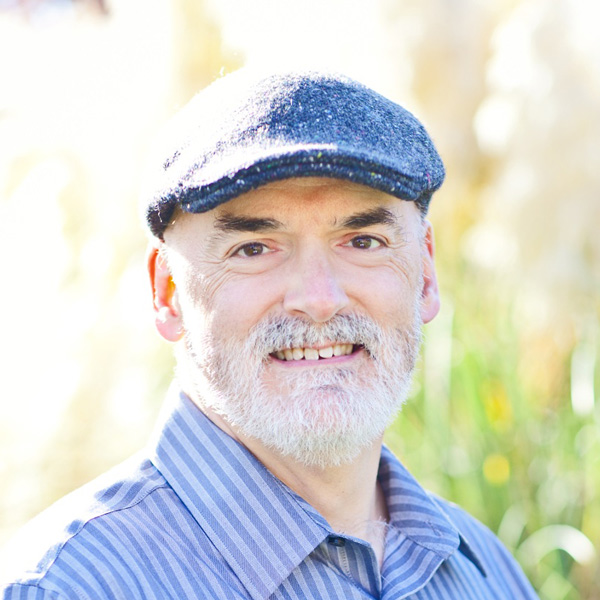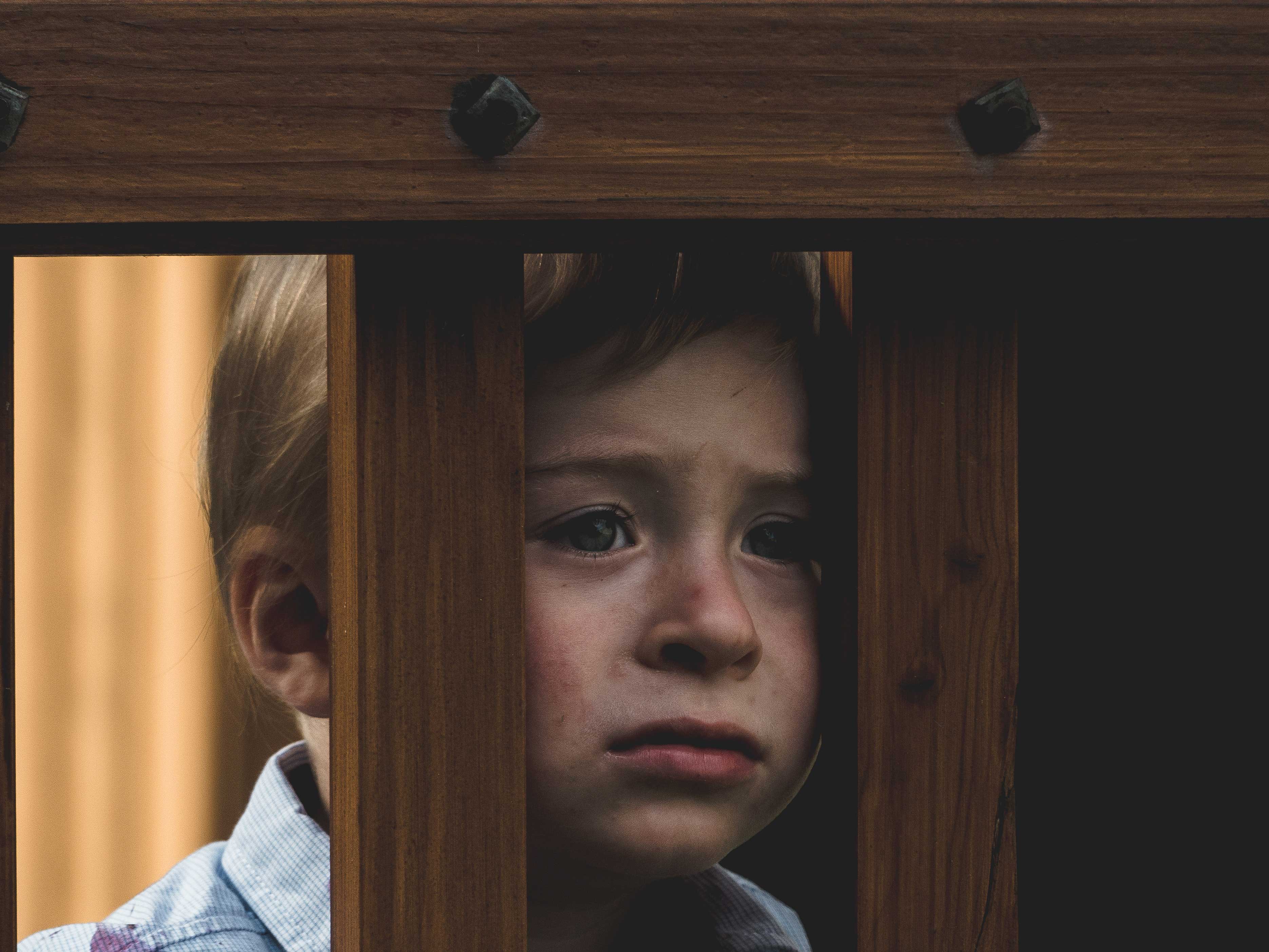-
 David Hodel : Author
David Hodel : AuthorAs a counselor, I seek to be sensitive to my clients’ physical, mental, emotional, and spiritual condition during any given session, following their lead to determine which direction we’ll go with our conversation. I try not to push beyond their capacity, but rather gently guide and point things out as we travel together on the path toward healing and well-being. I provide a welcoming, judgment-free zone in which clients can share their burdens and feel heard and understood. I’d love to chat with you about how you can write a new chapter in your story.
-
 Kate Motaung : Curator
Kate Motaung : CuratorKate Motaung is the Senior Writer, Editor, and Content Manager for a multi-state company. She is the author of several books including Letters to Grief, 101 Prayers for Comfort in Difficult Times, and A Place to Land: A Story of Longing and Belonging. Kate is also the host of Five Minute Friday, an online writing community that equips and encourages Christian writers, and the owner of Refine Services, a company that offers editing services. She and her South African husband have three young adult children and currently live in West Michigan. Find Kate’s books at katemotaung.com/books.
Many of us go through life more or less on automatic, making the best choices we can based on the available information. It is only natural for us to want things to run as smoothly as possible. If we aren’t naturally prone to worry, it is easy to brush away concerns about physical symptoms as long as they aren’t too disruptive. We may put off a physical examination, or ignore something that “isn’t that big a deal.” I have
When I was in my late teens, my mom told me a story once about one of my ancestors. I told her I was feeling “blue” and she proceeded to tell me of my great-great-great-great-grandfather Charles, who reportedly once described how he would get “in his moods” and not be able to shake it. For these occasions, he kept a pile of dirt in his basement. http://goo.gl/t5wvmX "Handsome Guy," courtesy of andy, CC0 Public Domain, ABSFreePic.com When
I remember my father describing being at the grocery store once. There was a woman with a child who was being unruly. She tried to get the boy to settle down and grabbed his arm, but he screamed and raged all the more. I remember the menacing look on my father's face as he commented a kid who did that in HIS care would only do it once. Few things can impact us as quickly and as deeply as
Emotional abuse is one of those categories that has an incredibly broad spectrum of narrative variety. Therapeutically, you will find as many kinds of emotional abuse as there are patients. They often follow similar themes of parental neglect or denigration, but because we are all wired differently, the impact on us is quite varied. One person may suffer cutting judgments from a parent and somehow understand they are wrong, and retain a good emotional structure, while another with similar
You may have heard that only a small percentage of what you communicate is actually in your words. The look in your eyes, the expression on your face, the shape of your mouth, the tone and timbre of your voice, your body language – all join together in a little symphony of communication when you try to speak to someone else. All this information is coming your direction when someone is trying to communicate with you. To make matters
Obsessive Compulsive Disorder (OCD) is one of the more well-known disorders, made popular, among many other portrayals, by Jack Nicholson in the movie “As Good as it Gets” as Melvin Udall, a misanthropic author with OCD. If you’ve seen the movie, you may recall Melvin turning the lock repeatedly after closing his front door. As with all mental disorders, it is important not to self-diagnose based on information we have gathered from pop culture or the internet. OCD can
One of the great tragedies in any life is the dissolution of what was supposed to be a lifelong journey. Divorce usually marks the death of shared hopes and dreams and is deeply disruptive to everyone involved. There is a scale of life stressors by someone named Rahe; on this list, divorce is rated second, just after the death of a spouse or child. The pain and stress of the transition are significant, sometimes enormous, even if the people
If you are thinking about marriage counseling, don’t be surprised if you feel a lot of resistance to finding a therapist and scheduling an appointment. Couples who see marriage counselors typically have reached a point where things are so bad that they are willing to see a stranger to talk about it. Often there are feelings of shame associated with the marital disruption, which makes it even harder. To make the decision even more complicated, you may be asking
Thirty years ago there was a phrase bouncing around the halls of business: aim at nothing and you’ll hit it every time. Without a plan, we live by impulse, taking whatever comes along, essentially leaving the courses of our lives to chance. If you are naturally controlling, you probably already have all kinds of plans in your life. For you, I would say hold the outcome lightly. Work with whatever diligence you can muster, try everything you can think
Let’s be upfront about a dirty little secret. Affairs are exciting. Often undertaken when a marriage has become contentious or stale, or when one member does not feel seen, known or loved well, they offer the illusion of an escape, a way to liven things up, a way to feel wanted again. The attendant risks – of being found out, of public humiliation, of wanton destruction of our most dear relationships – can make an affair very exciting indeed.
The scourge of unforgiveness is relentless and deadly if we allow it to take hold in our lives. It is like an addiction, providing a sense of satisfaction in the form of self-justification because it is based most often on a sense of injustice that we feel deep our souls. Left unchecked, unforgiveness and the bitterness that comes with it can cause you to die inside, bitter through and through, incapable of experiencing love, good, beauty or joy. You
Many of us experience social situations that cause us anxiety. For some, meeting new people is a challenge. For others, just walking into a room full of strangers is uncomfortable. Because we like to avoid discomfort, most of us try to develop workarounds that allow us to be out in the world and forming new relationships. When the anxiety begins to keep us from activities, interfere with work, or prevent us from participating in social gatherings, it may be













